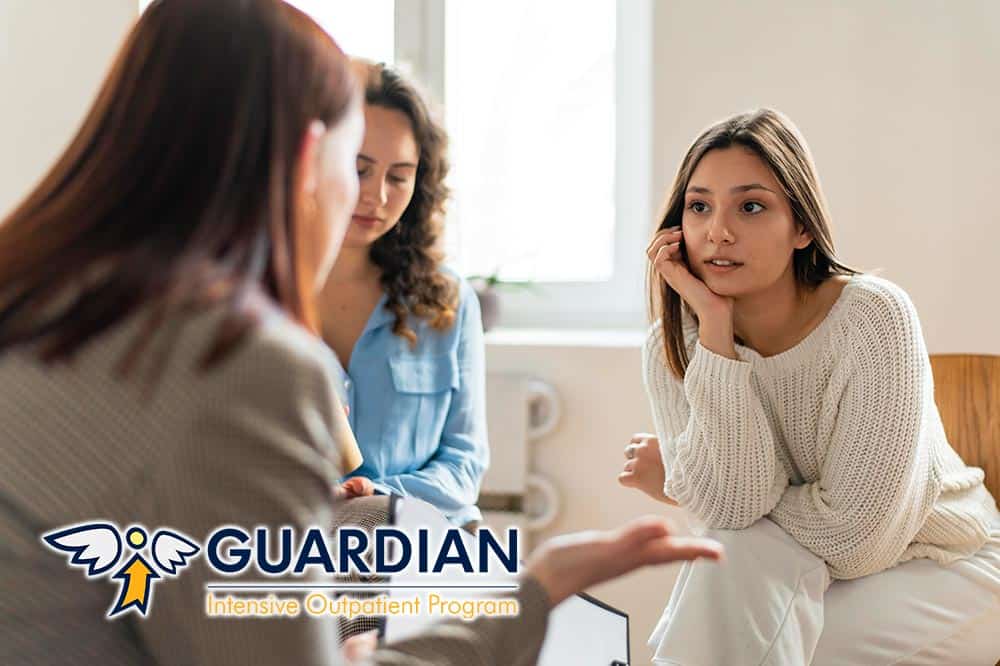Those who seek help for addiction by way of treatment are given a few guidelines to adhere to by the facility. But, most of the suggestions could fall under the simple umbrella guideline of: follow direction. Simply put, if you follow the direction of your counselors, you stand the best chance of achieving continued sobriety upon discharge. One direction that is common among treatment centers is that of avoiding romantic relationships in your first year of recovery. It is also a suggestion that newcomers find the most difficult to follow. But, doing so could make all the difference.
To ensure that clients heed the directive in treatment, administrators keep a watchful eye on clients and who they spend the most time with. If they spot signs of flirting, or two clients frequently isolating during their free time, an interdiction is usually in order. Are you wondering why all the fuss over two people bonding romantically in early recovery? The simple answer is that people who are new to recovery are prone to seek ways to divert their focus from themselves. Due to the fact that ourselves is where our problems lie. Distractions are often a welcome relief from having to do the necessary work.
Even though addiction is a matter of life or death, having to face one’s demons is almost always a real challenge. On top of that, the attentions of someone you are attracted to after being in the fog of drugs and alcohol for so long, feels ever so nice. Coupled together, those facets make romantic entanglements in early recovery extremely dangerous. Rather than working on building a relationship with a “higher power,” some newcomers will focus more on relationships with another person. Given that spirituality is the glue holding the whole enterprise of recovery together, you can probably see how this behavior could go wrong.
Building Relationships With The Spirit
Rest assured, those of you who are new, there will be plenty of time to work on forming healthy relationships with other people down the road. In the first year of your liberation from active addiction, the most important relationship you can have is with a power greater than yourself. Followed by the bond you form with your sponsor, a person who will likely advise you against a relationship in early recovery.
For most in recovery, acknowledging that there is a spiritual world that exists is a real challenge. The idea that something, other than ourselves, is in charge. The belief that we cannot control anything or anyone (other than ourselves) can be difficult to accept. But, accept it you must. Those who are unable to relinquish their illusions of control are rarely long for recovery. Building a relationship with a higher power is not something that you can do overnight. So, it is best to channel your energy towards keeping constant contact with your higher power. And not constant “dating” contact with another male or female.
Something else worth keeping in mind is that most people with a history of addiction have a poor track record when it comes to healthy relationships. One of the things you will work on with your sponsor while working the steps is learning what a healthy relationship is in the first place. And how to ensure it stays that way. It cannot be quantified how many relapses are the result of a break-up, or being spurned by another, in early recovery. If you follow the direction of your counselors and sponsor, you can avoid a lot of heartache. Potentially a relapse, as well.
Addiction Treatment
If you have decided it is time to address your addiction, Guardian IOP can help you achieve that dream. We can show you how have the best opportunity at long-term recovery, and how to avoid the many pitfalls in early recovery that can lead to relapse. Please contact us today to begin the journey, the most important one you’ll ever take.

Reviewed for accuracy by:
Anna Marie Barrett LCSW, CYT
Anna earned her Masters of Social Work at Barry University in Miami, FL in 2017 and completed her internship in co-occurring disorders. Anna has a Bachelors of Art in Religious Studies from Naropa University and is a certified yoga and meditation instructor. Anna has received specialized training in somatic counseling with an emphasis on body-centered psychotherapy.




















